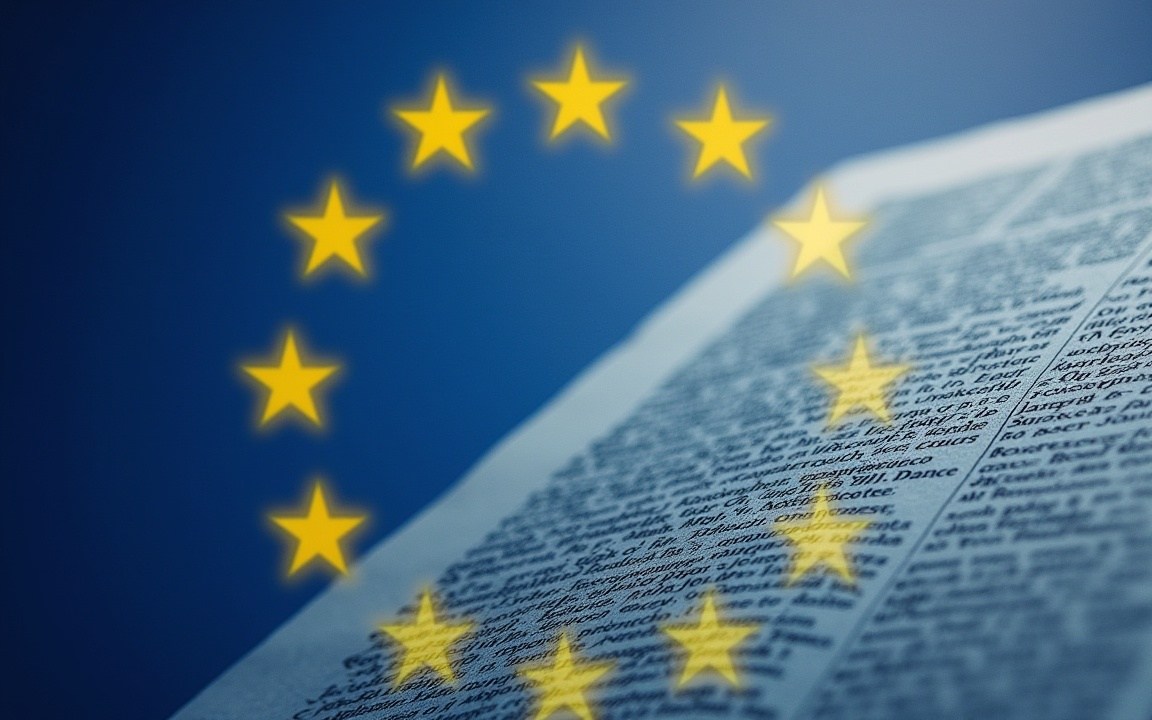The European Union has set out plans to downgrade trade ties with Israel and impose sanctions on top officials in response to findings of human rights abuses in Gaza.
The measures, announced on Wednesday by EU foreign policy chief Kaja Kallas, include tariffs on €5.8 billion worth of Israeli imports and sanctions against National Security Minister Itamar Ben Gvir and Finance Minister Bezalel Smotrich.
While the proposals require approval from all member states, they represent a sharp shift in the bloc’s policy under Commission President Ursula von der Leyen, who has faced mounting criticism for her response to the Gaza conflict.
EU plans to suspend trade agreement worth €16 billion
The European Commission outlined that the proposed tariffs will suspend parts of the EU-Israel Association Agreement, first signed in 2000.
The measures would target 37% of Israeli exports to the bloc, worth around €16 billion in 2024, and are expected to add about €220 million in extra costs.
Brussels is also moving to cut €14 million in direct support for Israeli projects, while maintaining funding for Yad Vashem, Israel’s Holocaust memorial, and peace-building programmes.
According to Trade Commissioner Maroš Šefčovič, the discussion goes beyond economics and numbers, reflecting the political pressures within the bloc.
The EU remains Israel’s largest trading partner, which underscores the significance of these planned restrictions.
Political opposition across EU member states
The proposals have revealed deep divisions within the European Union.
Approval for tariffs requires a qualified majority of member states, while sanctions against Israeli ministers must be unanimous.
Countries including Germany, Austria, Italy, and Hungary remain opposed to taking such steps.
Prior attempts by individual EU capitals to push through similar measures failed due to insufficient support in the European Council.
Despite these challenges, von der Leyen used a key speech in Strasbourg to confirm that the Commission would move forward with proposals for tariffs and sanctions.
The measures follow months of protests in European cities and repeated calls from leaders such as Spanish Prime Minister Pedro Sanchez for tougher action.
Israel’s strong response to EU proposals
The announcement was met with sharp criticism from Israel. Foreign Minister Gideon Sa’ar accused von der Leyen of strengthening terrorist groups, saying in a letter that such actions effectively empower organisations responsible for ongoing violence.
Israel has strongly opposed any punitive trade or political measures, arguing that they undermine its security position.
These tensions come as the European Commission has also put forward proposals for sanctions on members of Hamas.
EU officials confirmed that the approach was carefully calibrated to place pressure on the Israeli government while avoiding broader harm to Israeli society.
Timing ahead of UN General Assembly
The decision to unveil the measures arrives just days before the United Nations General Assembly in New York.
French President Emmanuel Macron is expected to lead a renewed push for countries to recognise Palestinian statehood.
Both von der Leyen and Kallas will attend the gathering, where the EU’s internal divisions and external positioning on the conflict are likely to be highlighted.
The planned measures, if passed, would represent one of the most significant EU interventions in its trade and political relationship with Israel in over two decades.
However, with strong opposition from several key member states, the outcome remains uncertain.
For now, the proposals mark a turning point in the bloc’s handling of a conflict that has reshaped regional and global political debates for more than nine months.
The post EU unveils sanctions package against Israel over Gaza human rights concerns appeared first on Invezz

